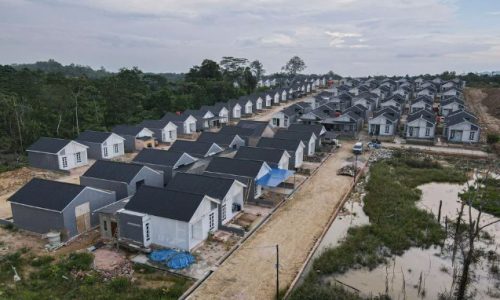B20 Chairman Ririek Adriansyah has developed policy recommendation to deal with digital gaps in Indonesia, through doable relevant recommendations.
B20 or Business 20 is an International business summit and part of G20, that was established in 2010. It is the most prominent dialogue in G20 engagement groups. The group is the official dialogue for the G20 forum and the global community. Meanwhile, it is also reserved for companies and business organizations.
Minimizing digital gaps
Adriansyah, who is also President Director of state telecommunication giant PT Telkom, has taken into account the problems of digital infrastructure and its solution through relevant policy recommendations.
“Telkom as the backbone of digitalization in Indonesia has made various efforts through strengthening the capabilities of its three business pillars. They are digital infrastructure, digital platforms and digital services. In the future, this will be more than just a list of recommendations, but can create a real impact for the community,” Adriansyah explained during the B20 Summit in Nusa Dua, Bali, on November 14, 2022.
The digitalization task force has set up a recommended relevant policy based on several points:
- Pushing universal equality in Internet connection. This will decrease digital inequality in society and resolve access barriers to the digital economy and government service.
- Creating a foundation and framework in the digital economy that is sustainable.
- The need to educate the public, including individuals and business actors, about digital literacy.
- Increasing cyber security capacity and capabilities to provide protection to the user.
According to Adriansyah, the digital economy is about 15.5% of the total global Gross Domestic Product (GDP). There is a prediction that about 70% of the total economic value created in the next decade will be the digital economy.
“It is critical to accelerate the development and adoption of digital infrastructure to unlock growth and assist in building resilience across countries,” he said in a statement.
Problems in digitalization infrastructure
The forum has identified the problems of the inequality of digitalization infrastructure and the unreadiness of some parts of the public that hinders development.
There are challenges toward providing infrastructure and literacy to the public in each region. Meanwhile, there is uneven support for the digitalization of micro, small and medium businesses.
On the other hand, there are also issues on cyber security.









